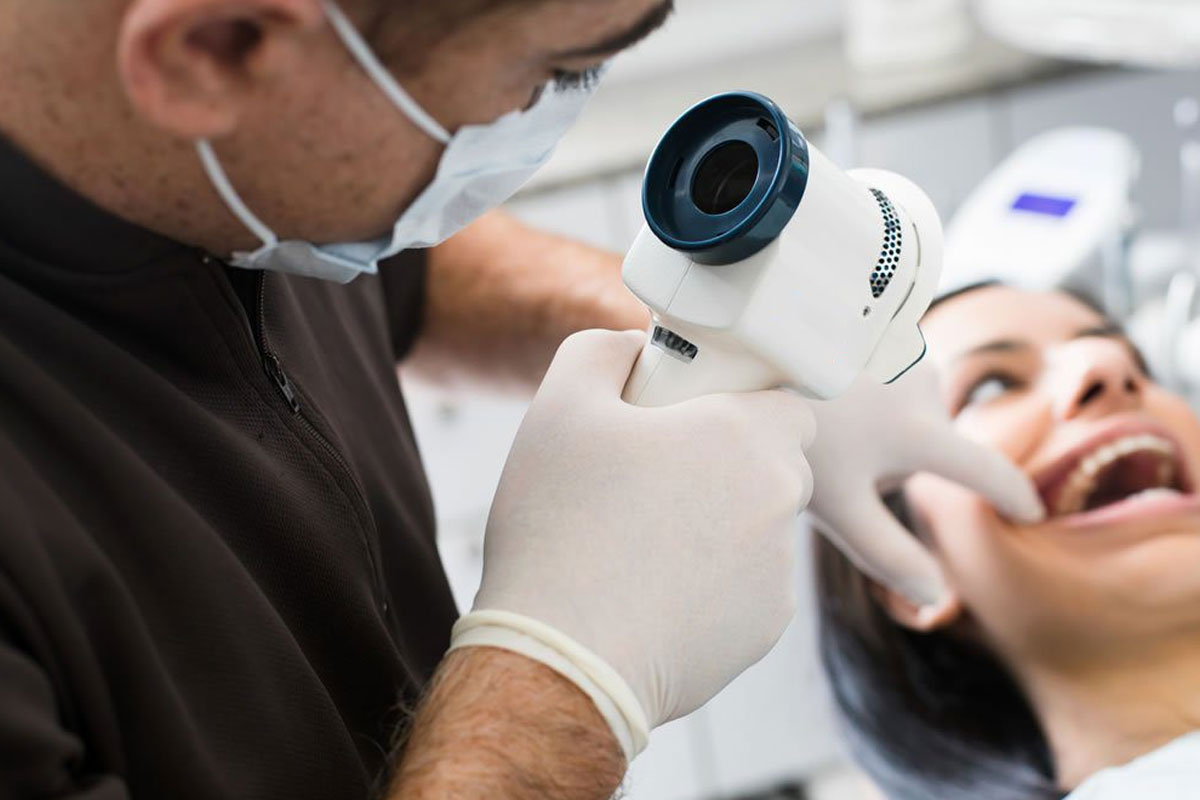Oral cancer screenings help healthcare providers look for signs of cancer in your mouth. They’ll examine the lining of your cheeks, gums, lips, tongue, and floor and roof of your mouth to check for lesions and abnormalities. If they find anything suspicious, they’ll refer you to an oncologist for further testing.
What is an oral cancer screening?
An oral cancer screening is an exam to look for signs of cancer in your mouth. Oral cancers include mouth cancer, jaw cancer and tongue cancer.
The areas examined during an oral cancer screening include:
- Cheek lining
- Floor and roof of your mouth
- Gums
- Lips
- Tongue
- Tonsils
Why are oral cancer screenings so important?
Oral cancer is a common cancer of the head and neck, affecting people all around the world. Nearly 54,000 Americans receive an oral or oropharyngeal cancer diagnosis each year.
Oral cancer has a five-year survival rate of 57%. This means that just a little more than half of the people diagnosed with oral cancer are alive five years after their diagnosis. Oral cancer isn’t particularly difficult to diagnose. But fatality rates are high because oral cancer is too often detected late in its development. Oral cancer screenings are the best tool available for early diagnosis and treatment.
When is an oral cancer screening recommended?
Healthcare providers use oral cancer screenings to find cancer before symptoms develop. When providers detect oral cancer in its early stages, treatment may be more successful.
Can a dentist see if you have oral cancer?
While a variety of healthcare providers can perform oral cancer screenings, dentists commonly offer them as part of their routine exams. It’s important to note, though, that oral cancer screenings don’t diagnose cancer. Healthcare providers use screenings to look for signs of cancer. If your provider finds anything suspicious, they’ll refer you to an oncologist for further testing, diagnosis and treatment.
How is early oral cancer detected?
Oral cancer screenings can help detect early signs of oral cancer. But the only surefire way to find out if you have oral cancer is to collect suspicious cells and test them in a laboratory. If your healthcare provider suspects oral cancer, then they’ll refer you to another specialist for evaluation.







